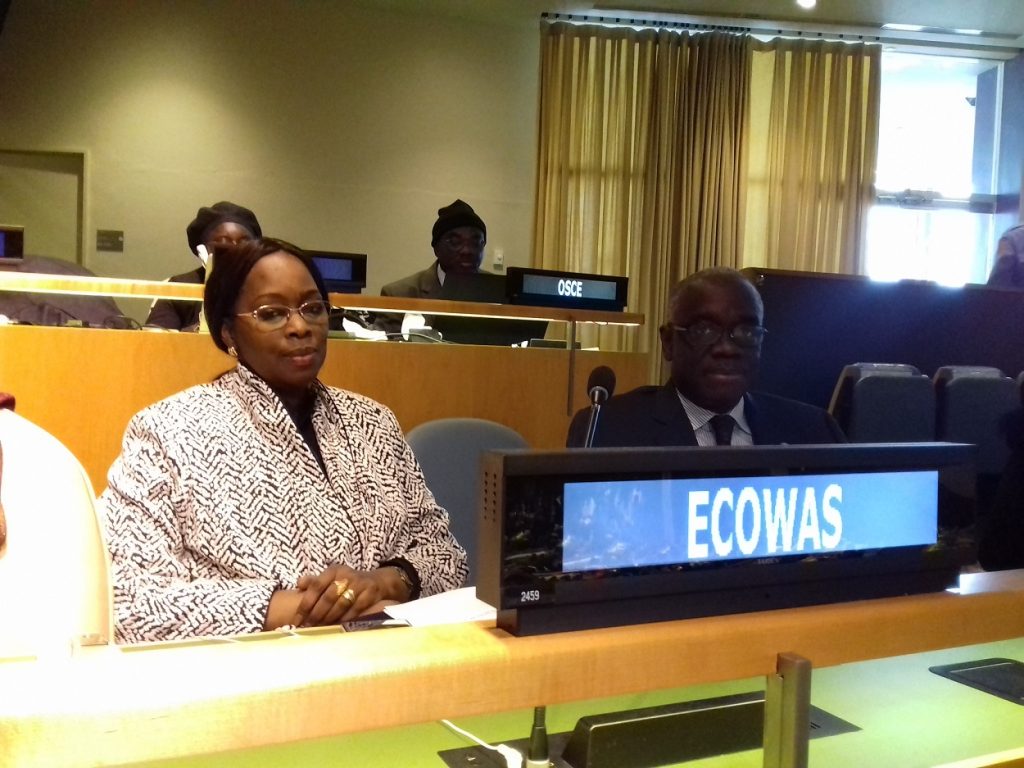Upcoming events
No new publication
Past events
Recruitment of a Bilingual Administrative Assistant - Study on The Abidjan – Lagos Corridor Highway Development - Project Implementation Unit (PIU)
27 Oct 2022 - 03 Nov 2022 [Abuja, Nigeria]
The ECOWAS Sustainable Energy Forum (ESEF) 2022
13 Oct 2022 - 31 Oct 2022 [Abuja, Nigeria]
CALL FOR SUBMISSION: Expression of Interest for The 2023 General Elections In Nigeria
12 Oct 2022 - 18 Oct 2022 [Abuja, Nigeria]
Engagement of a Firm to Conduct an Assessment and Develop a Regional Strategy and Roadmap for Cross-border Foundational Identity Systems Interoperability and Mutual Recognition
10 Oct 2022 - 28 Oct 2022 [Abuja, Nigeria]




